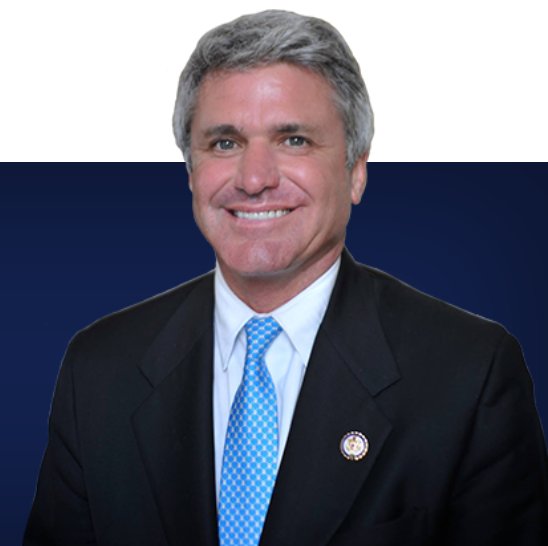 |
US Representative Michael McCaul (R-TX). (Official website for the US House of Representatives) |
US congressmen expressed deep concern over South Korea’s contentious legislation that criminalizes sending propaganda leaflets, along with food and medicine, into North Korea across the inter-Korean border.
Defectors have long flown the leaflets in balloons or in bottles across the sea border, but the activity essentially ground to a halt in June when Pyongyang demolished the inter-Korean liaison office in protest.
Those who continue to engage in leafleting near the border will face up to three years in jail or a fine as high as $27,000 from early next year, when a law passed Monday takes effect.
Rep. Michael McCaul, the Republican leader on the House Foreign Affairs Committee, told Voice of America on Monday that the legislation poses a serious concern, saying freedom of expression is the cornerstone of democracy.
The Korean Peninsula faces a bright future as long as North Korea follows in the footsteps of South Korea and not the other way around, McCaul said, comparing democratic Seoul with oppressive Pyongyang.
A week earlier, Rep. Chris Smith, co-chair of the bipartisan Tom Lantos Human Rights Commission in the House, warned he would open a hearing to look into Seoul’s failure to uphold civil and political rights if the bill passed.
The South exhibited a “growing disregard of civil liberties and acquiescence to the North,” Smith wrote on his website.
Experts agreed.
John Sifton, Asia advocacy director at Human Rights Watch, said, “The South Korean government seems more interested in keeping North Korea’s Kim Jong-un happy than letting its own citizens exercise their basic rights on behalf of their northern neighbors.”
“Ramming legislation through in the middle of the night in an entirely partisan vote makes offering concessions to the Kim regime appear the priority,” said Leif-Eric Easley, a professor of international studies at Ewha Womans University in Seoul.
The ruling Democratic Party of Korea, which controls the 300-seat parliament and unilaterally passed the bill after proposing it, said anti-North leaflets could put the border residents in the South at risk by provoking the belligerent regime.
The ban also serves to reaffirm the two neighbors’ promises to reduce inter-Korean hostility, according to the ruling party.
“The legislation is a signal to North Korea that we’re ready to keep our end of the bargain. It’s now their turn to uphold theirs,” said Hong Min, director of the North Korean division at the Korea Institute for National Unification.
The Constitutional Court is expected to rule on the legality of the controversial law, as civic groups prepare to petition the court to look at the ban. The court can nullify a law that it finds in violation of basic rights such as the freedom of expression stipulated in the Constitution.
Park Sang-hak, the defector who runs the group, is standing trial on charges that he organized leafleting without governmental approval. He is also accused of aiming a tear gas gun at police officers and battery against reporters.
By Choi Si-young (
siyoungchoi@heraldcorp.com)





![[Exclusive] Hyundai Mobis eyes closer ties with BYD](http://res.heraldm.com/phpwas/restmb_idxmake.php?idx=644&simg=/content/image/2024/11/25/20241125050044_0.jpg)
![[Herald Review] 'Gangnam B-Side' combines social realism with masterful suspense, performance](http://res.heraldm.com/phpwas/restmb_idxmake.php?idx=644&simg=/content/image/2024/11/25/20241125050072_0.jpg)

